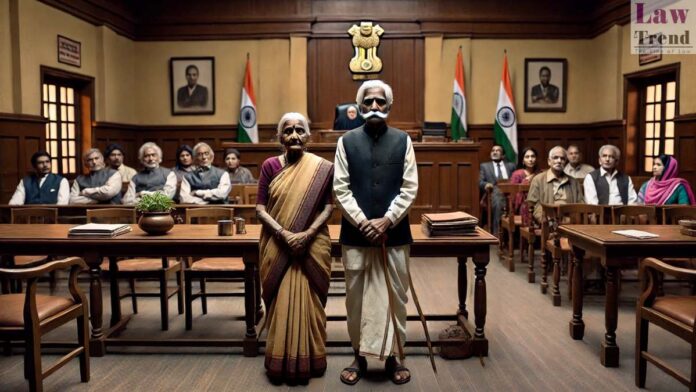In a significant judgment balancing the rights of senior citizens and legal protections afforded to family members, the Supreme Court of India has held that while the Maintenance and Welfare of Parents and Senior Citizens Act, 2007 (Senior Citizens Act) provides for maintenance, it does not inherently confer the power to evict children or relatives
To Read More Please Subscribe to VIP Membership for Unlimited Access to All the Articles, Download Available Copies of Judgments/Order, Acess to Central/State Bare Acts, Advertisement Free Content, Access to More than 4000 Legal Drafts( Readymade Editable Formats of Suits, Petitions, Writs, Legal Notices, Divorce Petitions, 138 Notices, Bail Applications etc.) in Hindi and English.




